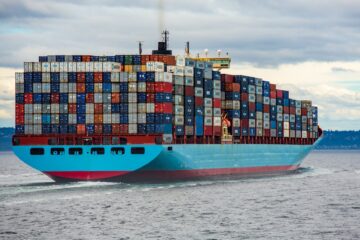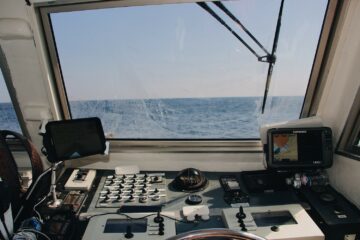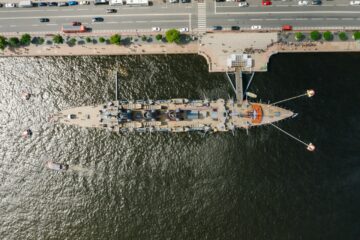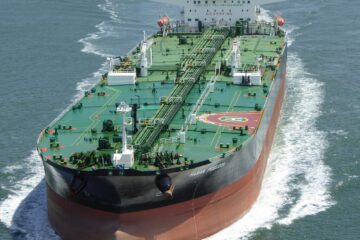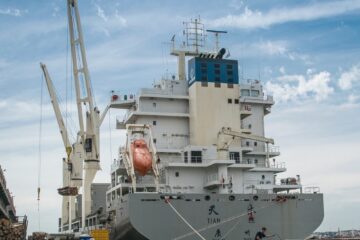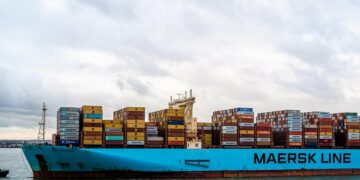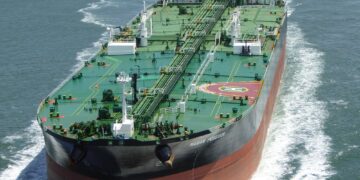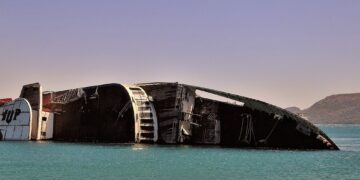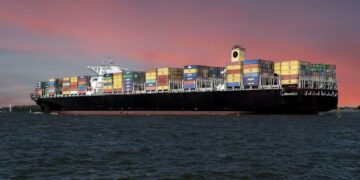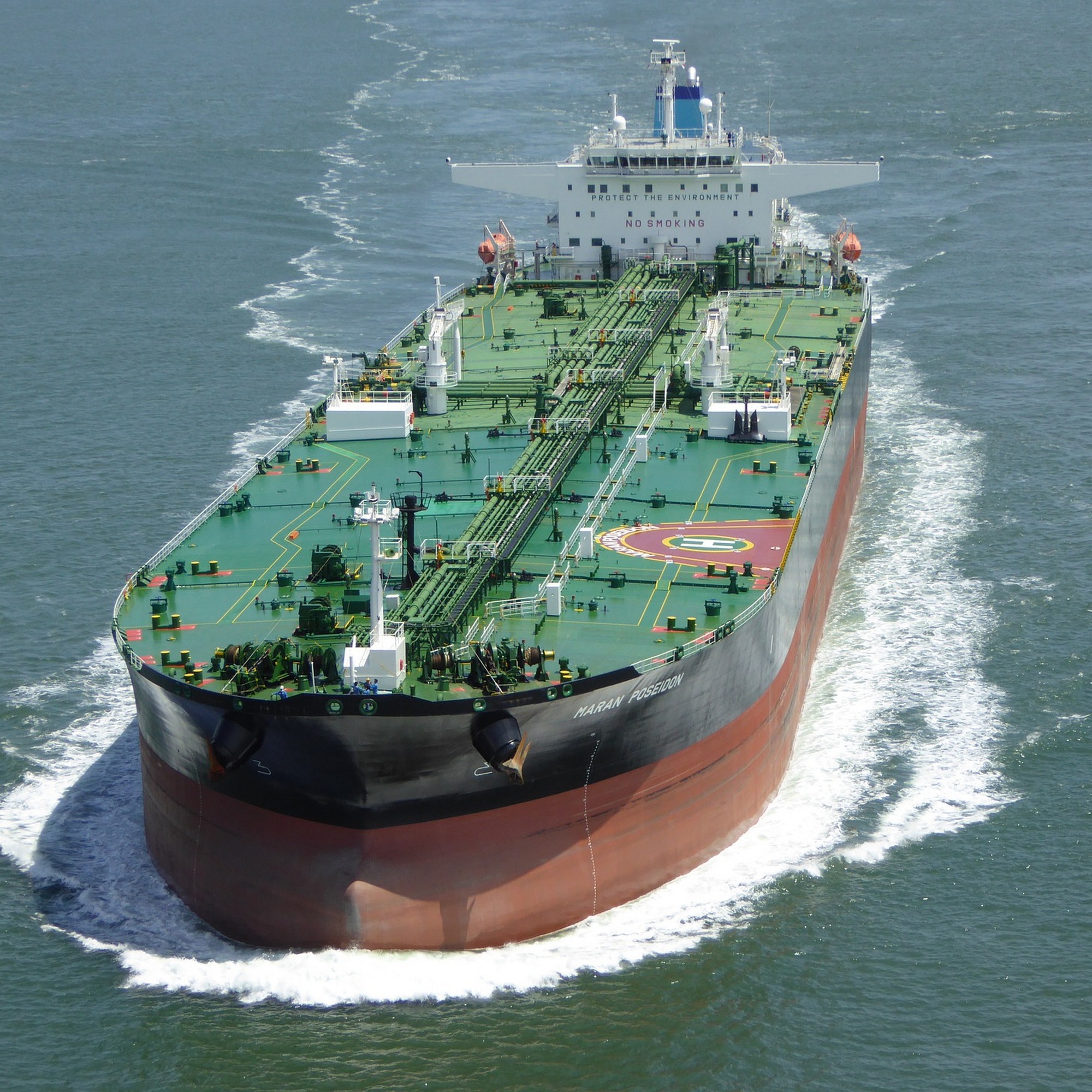Maersk Values
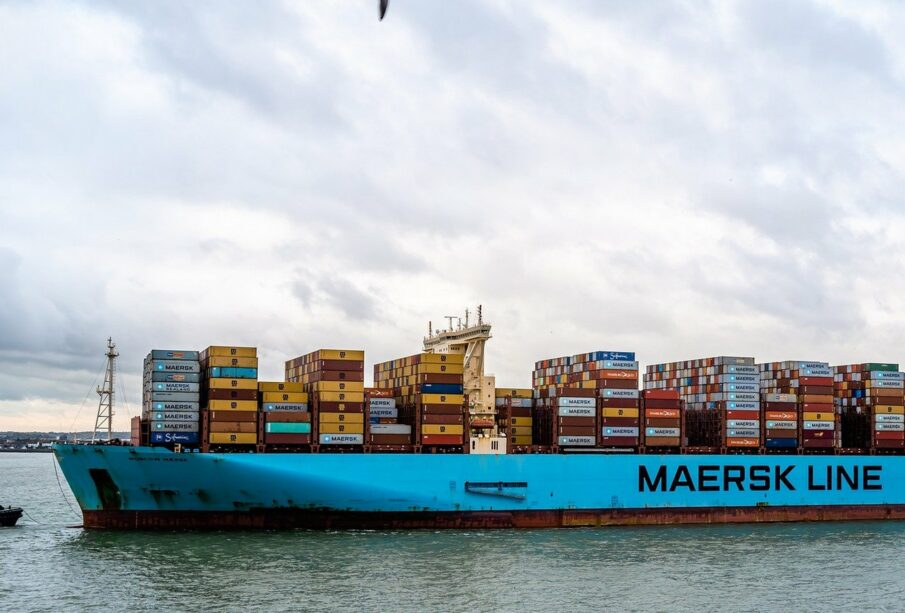
During the 100 years of its existence Maersk managed to fight in the war, master oil production and make a record $5.2 billion profit. And it all started with a used cargo steamer.
The history of one of the largest cargo carriers started in 1886, when a retired distant sea captain Peter Maersk-Meller bought a second hand cargo steamboat with his savings. In 1904 he stopped taking freight and together with his son established a shipping company. From the first days “Swedenborg Steamship Company” was managed by the son of the captain Arnold Peter Maersk-Meller, in honor of whom eight years later the company received its new name, under which it has been known for over 100 years.
In 1940, Denmark, without showing resistance, was occupied by the troops of Nazi Germany – King Christian X in the hope to save his people signed a humiliating and oppressive treaty with the occupiers. The Maersk-Mellers did not just disagree with the king’s policies. Not only did the family emigrate to the United States, but they took their entire fleet with them. Moreover, the Maersk-Mellers essentially entered the war on the side of the United States, putting their ships at the disposal of the American Navy. More than half of the company’s fleet was lost in the battles of World War II.
At the beginning of the 1950s Arnold Peter Maersk-Moersk-Moeller makes a decision, which at first is not less important for the company than the transfer to the side of the USA in the war: the company acquires the first tanker for oil transportation. This business allowed the shipowner to get closer to the world’s largest oil producers Shell and Texaco.
In 1962, a shipping company with good connections among the oil industry has received an exclusive concession for the exploration and production of oil and gas in the Danish sector of the North Sea until 2042. For the new business A.P. Moller-Maersk created a subsidiary, Maersk Oil, and it organized the DUC consortium together with Royal Dutch Shell and Texaco, which got 46% and 15% respectively in DUC.
Maersk Oil is actively involved in oil projects in Algeria, Qatar, Kazakhstan, Great Britain, Oman and Turkmenistan. The prospects of the business are brilliant: Denmark is now beginning exploration of oil fields on the Greenland shelf and the Faroe Islands. Forecast oil reserves only near the eastern coast of Greenland are estimated at more than 600 billion barrels. However, the core of the corporation has remained the core of shipping.
In the early 2000s A.P. Moller-Maersk Group acquired the American company Sea-Land, whose founder was the inventor of the sea containers that revolutionized cargo transportation. Since then, the Maersk Line division remains the largest “container” company in the world. And at the same time it is practically unavailable for takeover.
2014 was a record year for A.P. Moller-Maersk in terms of profit – it was $5.2 billion. It was the highest in its history, and the key to its success was concentration on core business and economy.


